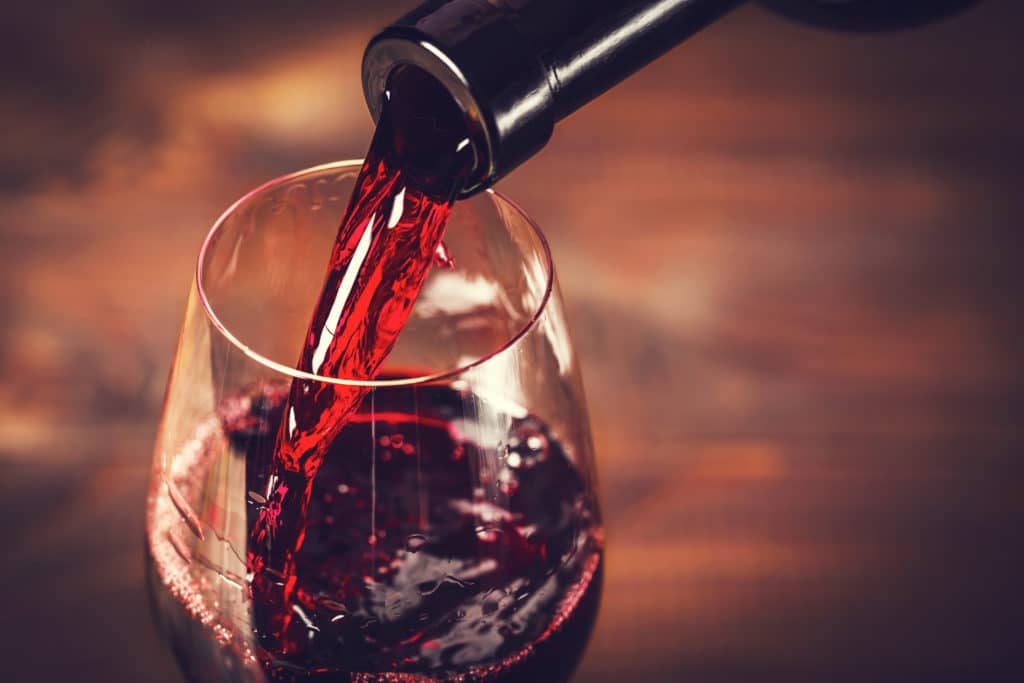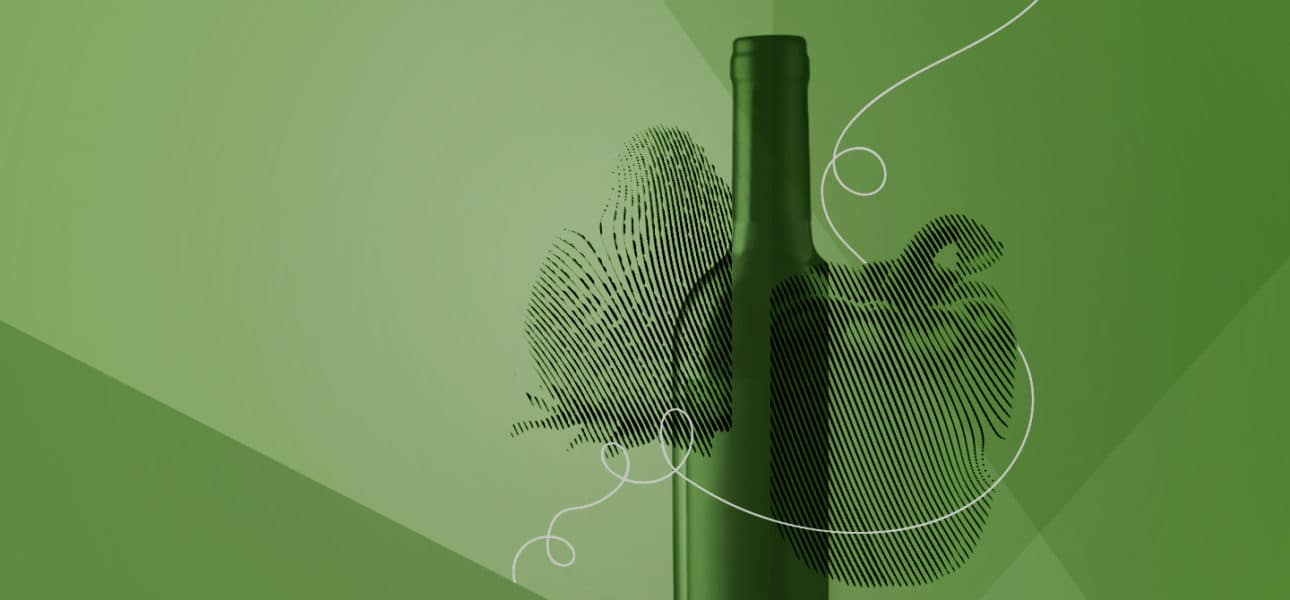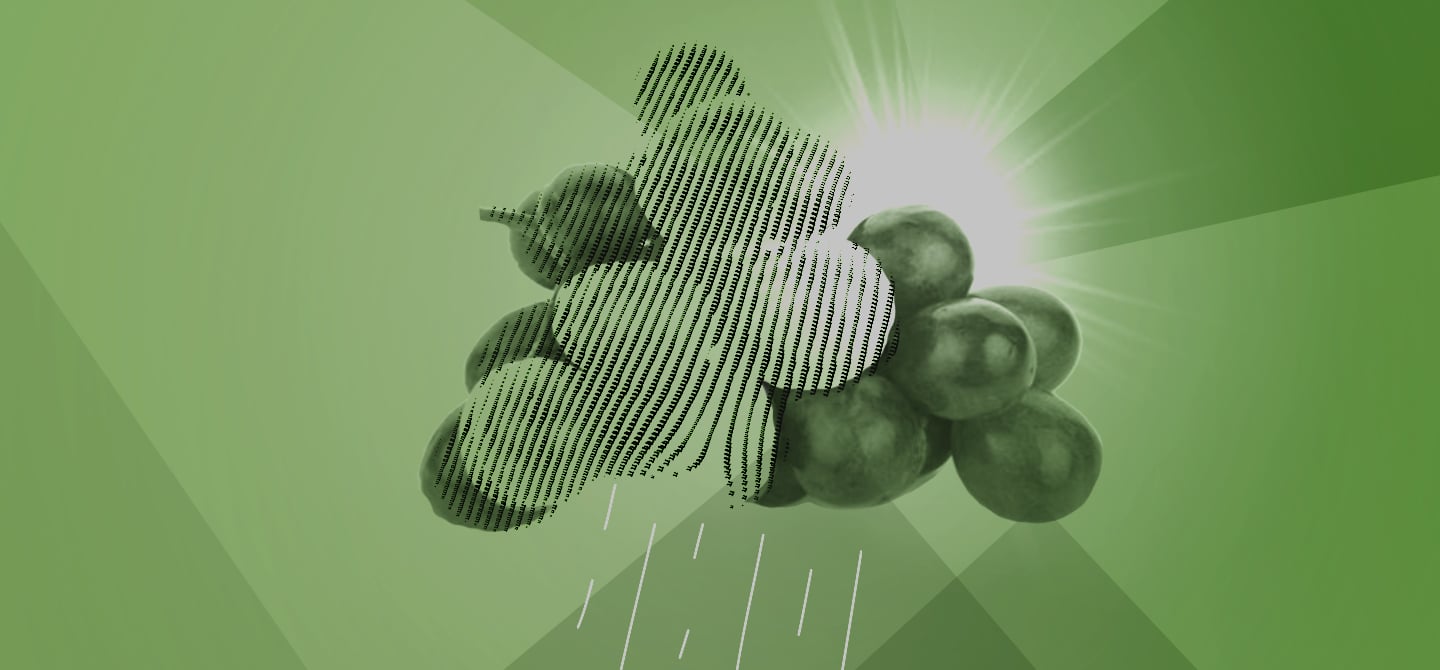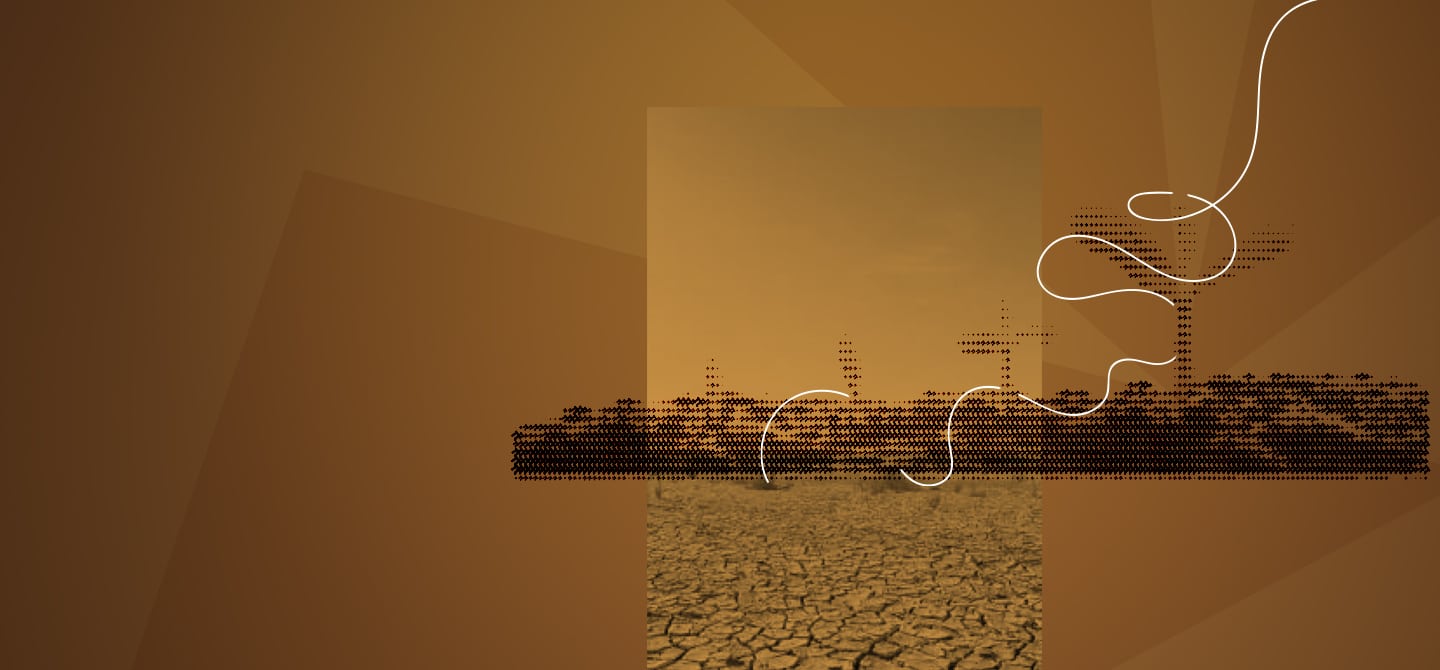What are the consequences of global warming on the aromas of wine?
Alexandre Pons. Since the 2000s, we have observed a change in the aromas of grapes and red wines as well as modifications in their maturity. Some say that Bordeaux wines have never been this fine because their quality is far more consistent. But it is clear that the aromas of fresh fruits (strawberry, blackcurrant) contributing to the singularity of these wines are giving way to aromas of dried fruits (prune) which are more characteristic of southern regions.
Philippe Darriet. We should also note the attenuation of plant characteristics, such as aromas of pea pods or fresh peppers. With global warming, aromas of stewed fruits, but also dry fruits and old wood, are brought out in the wines. They also seem heavier, contrary to the historically-known Bordeaux wines that were characterised by their freshness, even after more than 10 years of ageing.
Why have the wines changed this way?
AP. Water (hydric) stress and thermal stress induce defence mechanisms in the plant. This leads to the biochemical degradation of fatty acids. As a result, the production of odorous volatile compounds, most often carbonyl compounds, create these stewed fruit aromas found in the grape berry. In Bordeaux, this is regarded as a flaw generally found in prematurely aged red wines.
PD. Seventeen grams of sugar are required to produce one degree of alcohol. Grapes with a higher proportion of sugar thus produce wines with a higher alcohol content. Yet the grapes need to be ripe to begin harvest. Corrective action like premature harvests are limited, especially in terms of the most sensitive grape varieties such as Merlot.
Is the ageing potential of wines under threat?
AP. This is an important question. Given the adaptive potential of humans and plants, if we do nothing, global warming will likely alter the ageing potential of Bordeaux wines. At the moment, this is not a proven research result as this estimation stems from a collection of preliminary research results and a reflection on the modifications of oenological and cultivation practices. What makes wine stable from a microbiological point of view, is the presence of alcohol and acidity. However, chemical mechanisms – most of which are adjusted by the acidity level of the environment – modify the aromatic balance of the wine during storage. And as it happens, the degree of alcohol has significantly increased these past 20 years while acidity has decreased. The very essence of the challenge for winemakers is to manage the maturity of grapes, to limit their degree of alcohol and to use techniques to preserve acidity.

Should we correct this change?
AP. There are two perspectives. The first aims to produce powerful and whole-bodied wines. The second considers that these are not the future of Bordeaux because their aromas are too heavy and too rich in alcohol. But it is not because we have a rise in average temperatures that we will necessarily have difficulties in the upcoming years. The challenge is to produce fresh wines with grapes that are a lot riper than they were 20 years ago.
What can we do to achieve this?
AP. During the 80s and 90s in Bordeaux, oenology strived to develop tools to ripen grapes. The aim was to reduce the vegetal characteristics of wine. We reduced yields, carried out leaf-thinning to increase the amount of sunshine on grape berries, decreased the load (the number of bunches of grapes), densified plantations and so forth.
Today, we need to reverse these cultivation techniques. We already see results of what happens when these changes are implemented. But we are asking winemakers to do the exact opposite and drop outdated advice given to them 20 years ago – so it takes time. Furthermore, in the field we have noted that some winemakers have the desire to select varieties more adapted to the local climate. Yet it would be a mistake to introduce emblematic grape varieties from other great winemaking regions in the Bordeaux vineyards, even though they might be better suited to the local climate!
The Bordeaux region holds a long-standing winemaking tradition built on a great diversity of grape varieties, even if today they are reduced to the bare minimum (only three red grape varieties are mostly grown in Bordeaux). Reviving past varieties could help to broaden the taste and aromatic palette of Bordeaux wines while perpetuating the traditional high-quality wine production in the context of climate change.
PD. The use of alternative varieties is a long-term movement, evidenced by the history of Bordeaux vineyards. Without discarding outside varieties, an increased proportion of other grape varieties of the Cabernet family can be an adaptative solution. In addition, a first-rate selection of rootstocks adapted to severe hydric stress could also work. By implementing practices to limit the change of wines, oenology is also capable of bringing corrective solutions.








